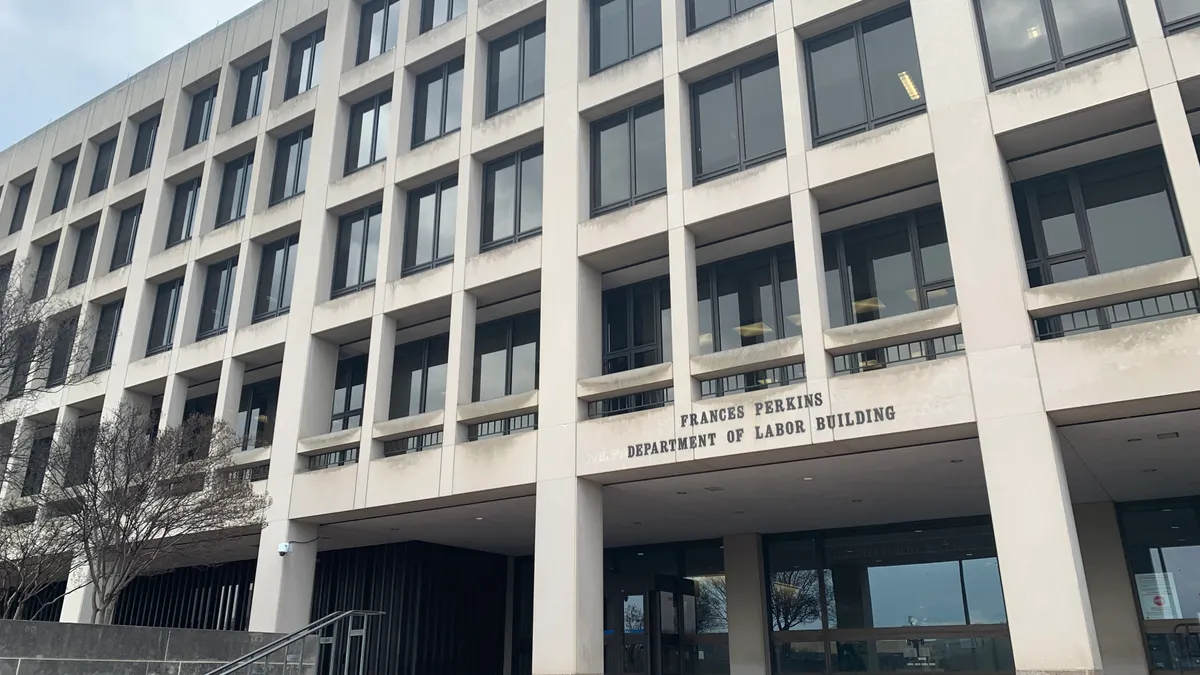A challenge to a Department of Labor rule stands to be the first test to the Chevron doctrine in the ESG-related regulatory environment since the U.S. Supreme Court overturned it last month. The court struck down the administrative law theory that gave agencies deference when interpreting ambiguous statutes as part of its ruling in Loper Bright Enterprises v. Raimondo.
A Labor Department’s rule allowing pension fund managers to consider ESG factors in investment decisions was finalized in 2022 and has been in effect since January 2023. The rule, “Prudence and Loyalty in Selecting Plan Investments and Exercising Shareholder Rights,” allows fund managers to take ESG or other collateral benefits into account when there are two or more options that will equally serve a plan’s financial interests, but it is imprudent to invest in both or all options.
The rule was initially challenged by 26 Republican state attorneys general and dismissed in September 2023 by Texas Northern District Court Judge Matthew Kacsmaryk. Kacsmaryk’s dismissal leaned on the Chevron doctrine, though the Labor Department’s response did not — having seen the writing on the wall for the deferential doctrine.
The dismissal was appealed, and a Liberty Energy subsidiary and an energy trade association joined the appeal before the U.S. Fifth Circuit of Appeals. After hearing both sides’ arguments, the three-judge panel followed typical procedure and sent the case back to the lower court for a ruling under the new legal landscape.
You can catch up on all of ESG Dive’s coverage on the case thus far and where it stands below.











